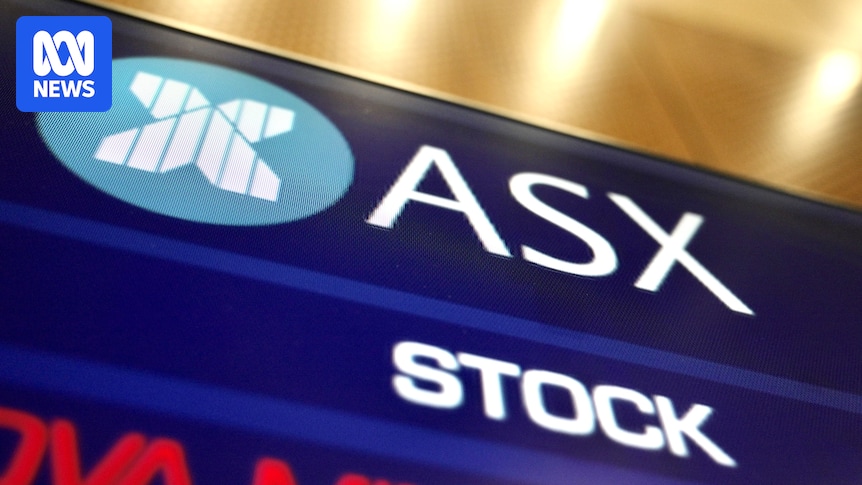The immutable requirements of politics (get re-elected) and the fluid nature of capital are colliding in Melbourne.
A recently announced policy from the dominant Labor government will cement the right of Victorian workers to work from home
Sparking a fight with employers was merely the first part, but the policy, which will enshrine work from home under state law before next year’s state election, is making waves elsewhere.
The policy is contentious, not just for its impact or for the fact the federal government makes laws about industrial relations, meaning they will likely be challenged in court. (There’s more detail in the article below).
But they’re already being challenged by investors.
At yesterday’s Australia Property Developers Association meeting, Josh Rutman, the executive director, head of capital markets — Victoria of real estate giant JLL (previously Jones Lang LaSalle), said investors in Malaysia and Singapore had raised the development as a key issue, alluding to it creating a situation of “sovereign risk”.
Sovereign risk generally relates to governments defaulting on debts … or the head of the armed forces walking into a mine site and telling the CEO that the army runs it now. Not so much in policies that change office vacancy patterns.
Please note that Mr Rutman’s presentation had the phrase in quotations (“like this”) so it’s not his view, just reporting back what investors are telling him about their reduced desire to invest in commercial real estate in Melbourne, when their capital can just as easily fund projects in Osaka or Sydney.
Here’s where it hits the politics
Investors are going to hate this quandary, but two things are happening at the same time.
Melbourne continues to enjoy substantial population growth, even as the infrastructure to deal with it, such as train and freeway tunnels, inch towards opening.
And the WFH policy is so popular it might cement a fourth term for the Labor government at the November 2026 election.
In The Age, Chip Le Grand reports that a Resolve Political Monitor survey conducted for the paper “shows primary support for the Labor Party in Victoria rose from a critical low of 22 per cent at the start of the year to 32 per cent recorded over twin surveys in July and August.
“The trajectory of Labor’s recovery mirrors its previous collapse and returns the state government to a strong position from which to enter an election year.
“It leaves the state Liberal Party teetering towards its seventh defeat from eight elections.”
A year is a long time in politics, but the Victorian Liberal Party does have a knack for failing to win state elections.
If you’re not from here, it’s hard to unwind the strands of even recent years, which include allegations of tacitly supporting neo-Nazis, leading to a successful defamation suit, leading to the potential bankruptcy of the leader. And that’s before we get to the infighting between moderates and conservatives.
There are 88 seats in the lower house of the Victorian parliament. The Labor Party has 56, the Liberal Party 19.
The Nationals have nine, bringing the Coalition to 28 seats.
Which is half of 56.
So WFH is likely here to stay.
